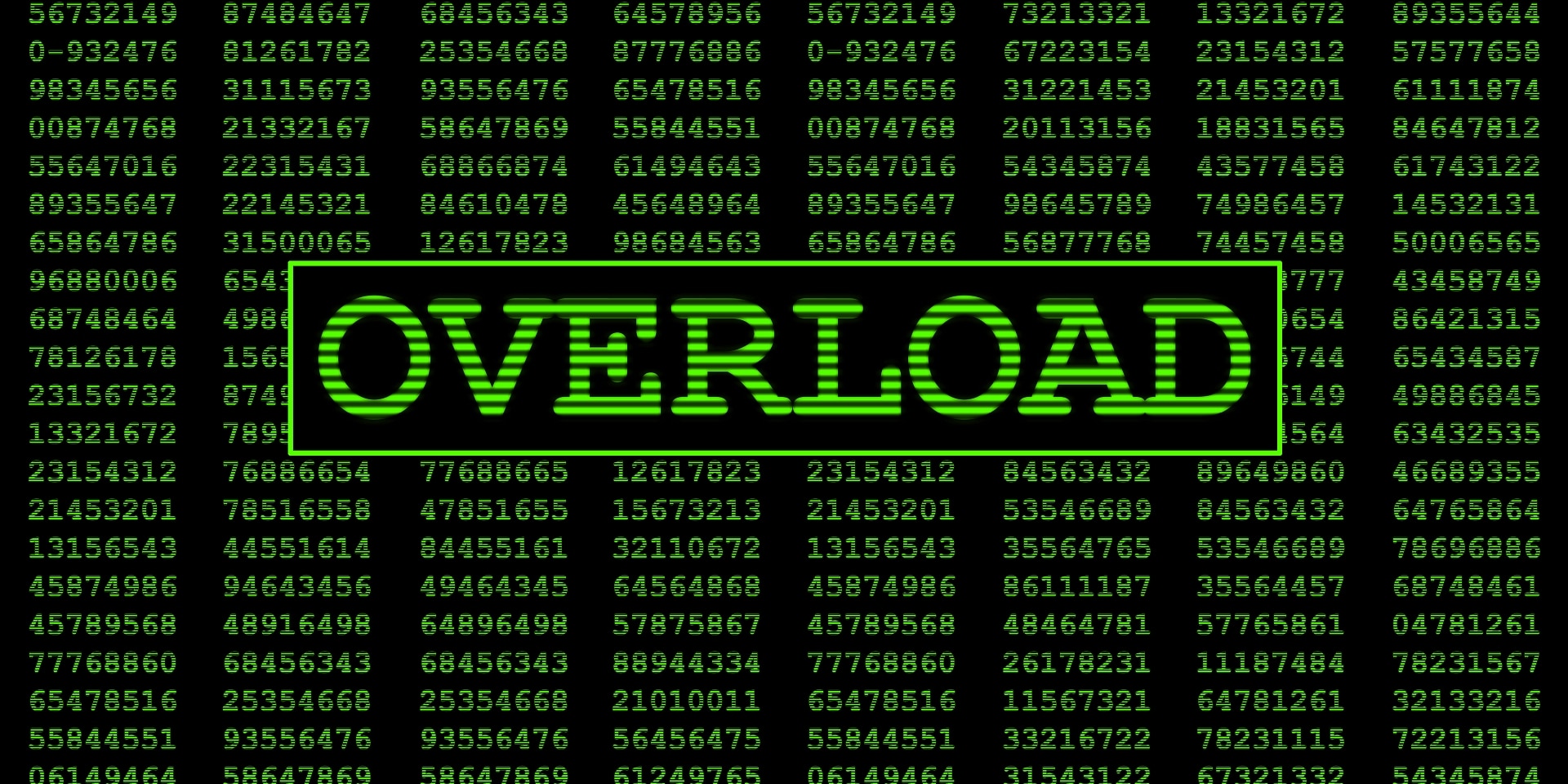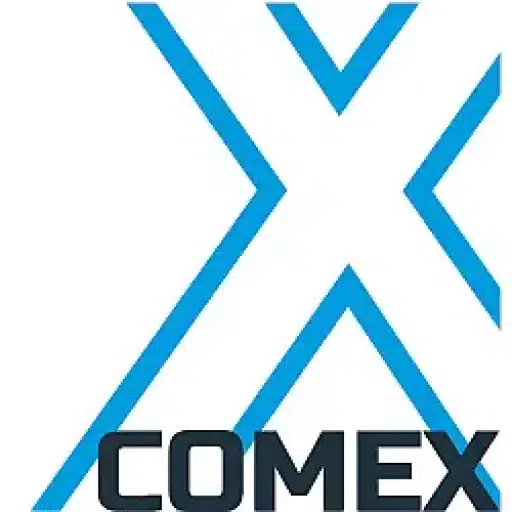+31 (0)43 30 88 400 | office@comex.eu

Why archive and backup data are different
Why archive and backup data are different
In our blogs, we regularly address the difference between archive data on the one hand and backup data on the other. Why? Discussions with customers often reveal that the difference is not well understood and that leads to “wrong” use of storage options. That is, it can be done differently, better and cheaper. It is our pleasure to explain it again.
The immediate reason for this blog was a request from a new customer, who wanted to create backups with airgap and on Silent Bricks. So far, nothing wrong, because we are happy to take care of that. But asked about the specifications, our eyebrows went up a bit. This client makes backups daily, as well as weekly and yearly, and they are all kept. Annual backups for even 18 years. And that will be an expensive joke. In other words, the difference between archive data and backup data is not clear.
How was it again?
There are dates that are active and almost permanently changing. You don’t want to lose this data because you work with it every day. On the other hand, you have data that, while static, must be preserved. So two different types of data, which you must also treat differently. Your active data is backed up: a copy that you disconnect from your system for security. You do that again the next day, again the day after that. But basically the same dates each time with a change here and there. Most of it is identical, so backing up multiplies data. If you do that for 18 years and collect, say, 200 terabytes of data, a fat 10 percent will be unique data. The rest is stored in duplicated form. This is a waste of storage space and it also costs a lot of money.
Archive or backup?
When storing archival data, things work differently. Archive data do not multiply, they move. Data that is finished and no longer changed move from your volatile storage to secure storage. That secure storage must indeed be so secure that you don’t lose your data there. Then you don’t have to back them up either, and you have much less archival data than that 200 terabytes of backup data. So: makes more economic and ecological sense to work this way. It takes less power as well as physical storage space. On top of that, backup data three months and older is hardly current. Data that you haven’t changed for three months or more is best saved as an archive.
Hackers?
There are customers who like to keep a backup for at least nine months, as this is expected to be the maximum time a hacker will spend in your system before he or she strikes. But the backup of at least nine months is also out of date and requires so many updates and adjustments after reinstallation that it is usually more beneficial to reinstall virtual machines, for example. A backup months old is effectively useless.
Want to know more?
We therefore design the storage for archive data on the one hand and backup data on the other differently, with optimal economic and ecological results. Please feel free to inquire about the possibilities, we are ready for you.

